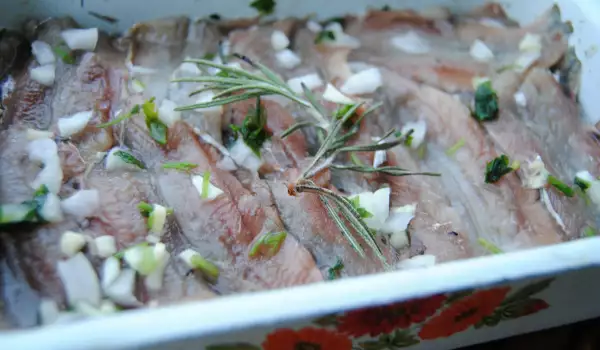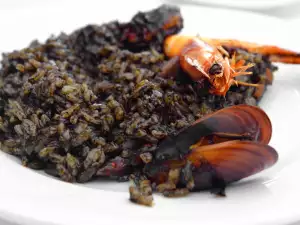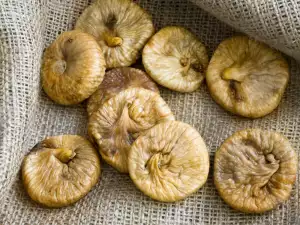Fish is one of the most delicate and healthy foods, but its preparation requires careful handling to preserve its flavor and texture.
Often, when cooking, fish can become dry, which compromises its taste. Preserving the juiciness of fish is a question that concerns every chef and connoisseur of delicious food.
Here are some tips to prevent fish from becoming dry:
Choosing the right type of fish
Different types of fish have different characteristics and fat content that affect the way they are prepared. Fatty fish such as salmon, mackerel, and sardines are generally more resistant to drying out, thanks to their high natural fat content. They can be cooked at higher temperatures or for longer periods of time without losing their juiciness. On the other hand, white fish such as cod, sea bass and tuna are lower in fat and require more attention when cooking to avoid drying out. It is important to consider the texture and fat content of the fish when choosing a cooking method.
Controlling the cooking time
One of the most important aspects of cooking fish is the cooking time. Fish cooks much faster than other types of meat and can easily be overcooked. Overcooked fish loses its juiciness and becomes dry, even with fattier types. The best way to tell when fish is fully cooked is to check its internal temperature – the optimal internal temperature for fish is around 60°C. If you don’t have a food thermometer, you can check the texture – when the fish is done, it should flake easily but retain its juiciness.
Marinating for extra flavor and juiciness

Marinating fish is a great way to not only add extra flavor to your fish, but also to prevent it from drying out. Lemon juice, olive oil, garlic, and spices create the perfect environment for a short marinating that will enhance both the flavor and texture of your fish. The acids in the marinade, such as lemon or vinegar, tenderize the meat and lock in moisture. However, it’s important not to marinate your fish for too long, especially with more delicate fish—usually about 15-30 minutes is enough to get the best results.
Proper Cooking Techniques
One of the main causes of dry fish is the wrong cooking method. Some techniques, such as steaming or baking in a bag (foil or parchment), are ideal for retaining juices in the fish. These methods circulate juices around the fish, preventing it from drying out while preserving the flavors. In addition, it is advisable to avoid excessively high temperatures when baking or frying fish, as these can quickly make the juices evaporate from the meat. Moderate temperatures allow for even cooking and preserve juiciness.
Using sauces and dressings
Sauces and dressings are an ideal way to complement fish and prevent it from feeling dry. Creamy sauces or those based on olive oil, lemon juice and fresh herbs can add freshness and juiciness to the finished dish. In addition, side dishes such as vegetables or salads, which also contain moisture-retaining components, will contribute to the balanced taste of the dish.
Proper storage of fish
Storing fish also plays an important role in preserving its properties and juiciness. Fresh fish should be stored on ice or in a refrigerator at a low temperature to keep it fresh longer. Cooking fish that has not been stored properly can lead to moisture loss and an unpleasant texture. If you are not planning to cook the fish right away, freezing is a good option and it is important to pack it tightly to avoid it drying out in the freezer.
Check out what the classic fish sauces are, why we should eat more fish, how long to bake fish for and how to serve fish.




















Comments